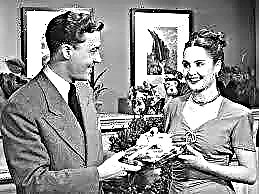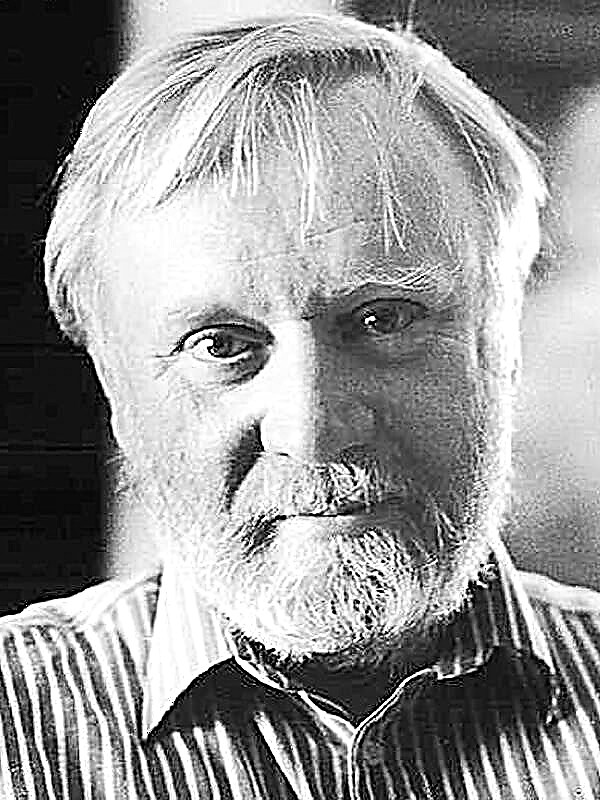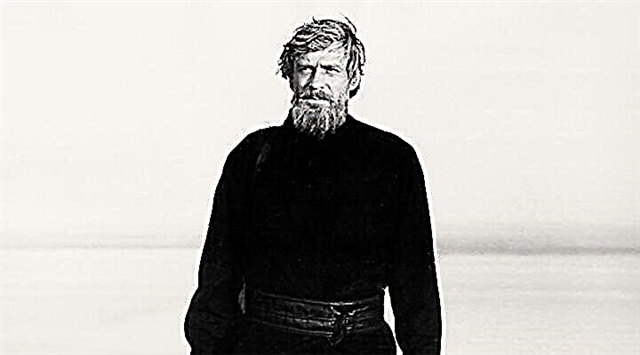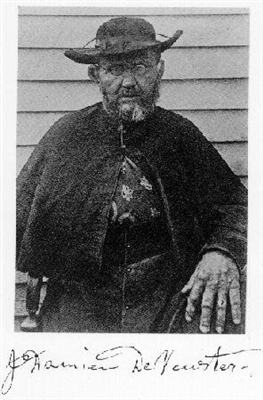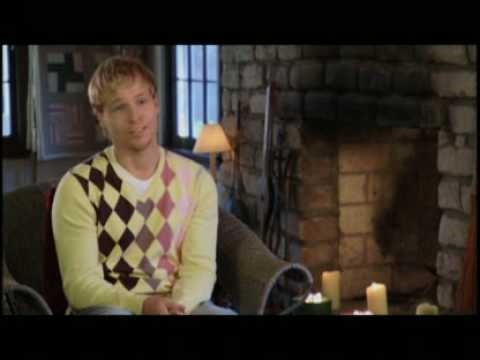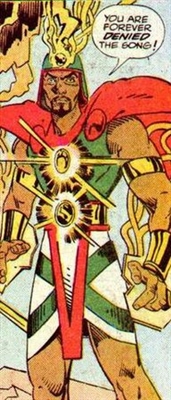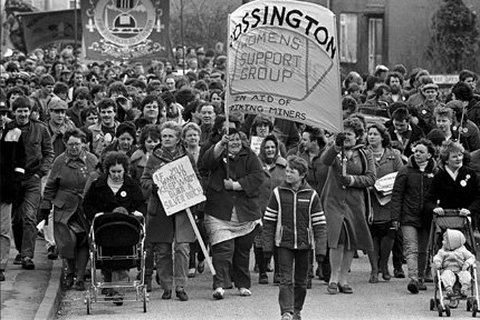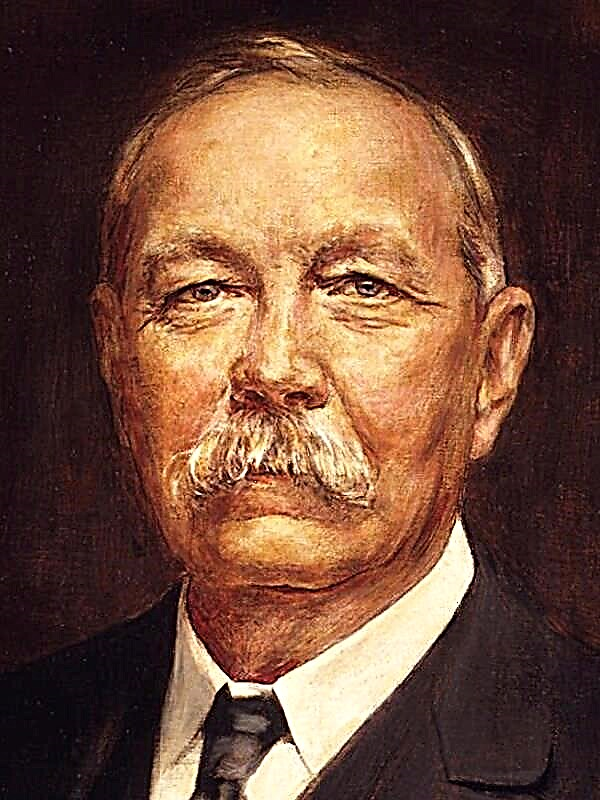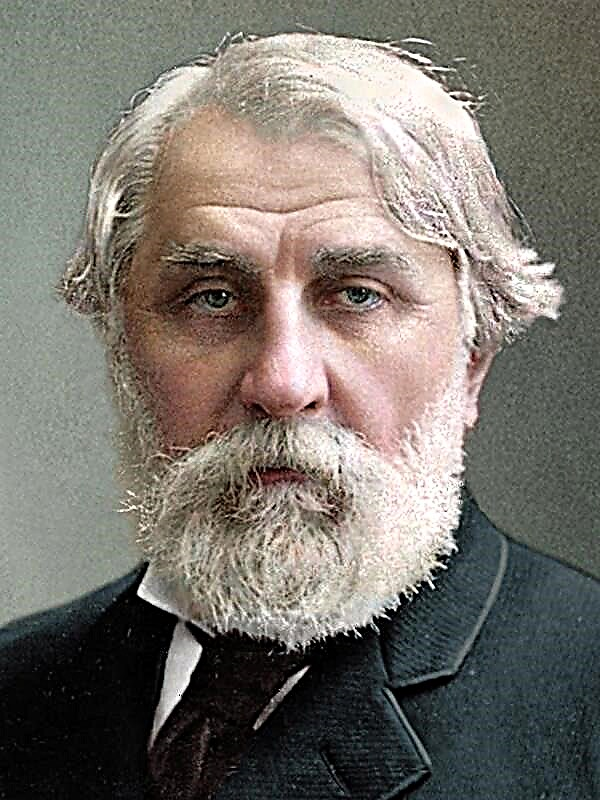The action takes place in 1960-1961. in the GDR. The main character, Rita Seidel, a student who worked during the holidays at the car factory, is in the hospital after she almost fell under the carriages maneuvering along the tracks. Subsequently, it turns out that it was a suicide attempt. In the hospital ward, and then in the sanatorium, she recalls her life and what led her to a similar decision.
Rita’s childhood passed in a small village that ended up in the GDR after the war. To help her mother, she went to work early at a local insurance office and, accustomed to the gray life of a small village, she was already desperate to see anything new or unusual in her life. But a chemical scientist Manfred Gerfurt arrives in their village to relax before a wired dissertation. Between young people an affair begins. Manfred lives in a small industrial city and works at a chemical plant. He writes letters to the girl, and visits her on Sundays. They are going to get married. Suddenly, Erwin Schwarzenbach, an assistant professor at a pedagogical institute who recruits students, comes to the village. He persuades Rita to fill out the documents as well, and she moves to the city where Manfred lives. She settles in his house.
Manfred does not like that Rita is planning some kind of independent life - he is jealous of the institute, but even more of the car building plant, where she decides to work before entering to gain life experience.
Meanwhile, Rita mastered the factory; she is fascinated by the process of socialist competition, which one of the workers, Rolf Meternagel, offers. Soon she learns that he once worked as a foreman in the same factory, but the foreman gave him to sign “fake” outfits, and as a result of the audit, which revealed serious financial irregularities, Meternaged was removed from his post. But he piously believes in socialist ideals and that only through persistent and disinterested work can Germany be overtaken and overtaken. Rita is very sympathetic to this man.
Gradually, from conversations with Manfred, she finds out that her lover, on the contrary, is alien to socialist ideals. Somehow, annoyed by the conversation with his parents, whom he does not respect and even hates, Manfred tells Rita about his childhood in the war years. After the war, the boys of their generation “saw with their own eyes that adults had tricked in a short time.” They were called to live in a new way, but Manfred was always tormented by the question: “With whom? With the same people? ” After this conversation, Rita for the first time has a feeling that their relationship is in danger.
All this happens against the backdrop of economic difficulties and the growing confrontation with Germany. It becomes known that the director of the factory where Rita works does not return from a business trip to West Berlin. He stated that "long ago he knew that their cause was hopeless." The director is a young, energetic engineer Ernst Wendland. There is concern in the Gerfurt family: Manfred’s father serves on the car-building commercial director and is afraid that some flaws will be revealed as a result of the audit. Manfred’s mother with purely feminine intuition feels that changes in the factory mean strengthening the position of socialism, and, always hating the new system, she writes off with her sister, who lives in West Berlin. Wendland organizes a meeting at which he calls on workers to work in good faith. Rita is thrilled: she believes that the director’s call and the socialist idea can lead to the fulfillment of the plan, but Manfred is skeptical about her story: “Do you really think that things will go better after the meeting? Suddenly there will be raw materials? <...> Unable leaders will be capable? <...> Will the workers begin to think about the great transformations, and not about their own pockets? ” He is afraid that the bride’s passion for social life may separate them.
Lying on the bed of the sanatorium, Rita again and again relives happy moments with Manfred: here they are rolling in a new car, here they are participating in a carnival in the town with a “view of West Germany” ...
During the carnival, they meet Wendland and Rudy Schwabe, an activist of the German Youth Union. It turns out that Manfred has long-standing accounts with them. Jealousy is imposed on ideological disagreements between Manfred and Wendland: the latter expressly takes care of Rita. In addition, Wendland and Rita share common interests.
At the plant, Meternaggy takes upon itself the obligation to increase the production rate - to insert not eight, but ten windows per shift into the wagons. Team members are skeptical of his ideas. Many people think that he simply wants to become a master again or “suck in on his son-in-director”. Rita learns that Wendland was married to the eldest daughter of Meternagel, but she cheated on him, they divorced, and now Wendland is raising a son alone.
At an evening in honor of the fifteenth anniversary of the plant, Wendland openly caring for Rita. Jealousy flares up in Manfred with renewed vigor. He fights with Wendland. From their seemingly meaningless phrases, it becomes clear that Manfred does not believe in selfless, socialist labor. Brought up in an opportunist family, he is "sure that we need to take a protective coat so that you are not found and destroyed." In addition, Manfred is tormented by the question of why in the West, science is being implemented faster than in the GDR. But Wendland, whom he openly asks about it, escapes with general phrases ...
Rita goes to college. And although studying is easy for her, she is difficult to experience a new environment, meeting new people. She is especially outraged by demagogues like Mangold, who continually strives to accuse everyone of political myopia and betrayal of socialist ideals, thereby achieving self-serving goals. In order to somehow dispel her gloomy state, Manfred introduces her to his friend Martin Jung, who helps him make a machine under the ridiculous name “Jenny Spin” for a synthetic fiber plant. But on Christmas Day, visiting a professor, his supervisor, Manfred finds out that their “Jenny Straight with an Improved Gas Suction Device” was rejected in favor of a less mature project prepared at the plant itself. Subsequently, it turns out that someone Brown who fled to the West is to blame for everything (it is hinted that he was deliberately engaged in sabotage and sabotage), but things can’t be corrected anymore: Manfred is sure that “they don’t need him”. At this moment, he makes the final decision, and Rita understands this. But in her look he reads the answer: "Never in my life (Gatim will not agree."
And there are more and more defectors (until 1961, the border with West Berlin was open). The parents of one of Rita's classmates, Sigrid, are leaving for the West. She hides it for a long time, but in the end she is forced to tell everything. It turns out that Rita knew about everything, but was silent. A personal matter is outlined. Mangold leads to exclusion from the institute, but Rita is not oppressed by this, but by the fear that demagogy can destroy socialist ideals, and then "Herfurts (read: bourgeoisie) will overwhelm the world." Rita wants to communicate with Venddand, Meternagel, Schwarzenbach - with people whose life principles are close to her. Fortunately for her, at a meeting of the Schwarzenbach group, everything is put in place. “They would take better care,” he says, “so that a person like Sigrid would feel that the party existed for her, no matter what trouble happened to her.” Subsequently, Rita learns from Manfred that at one time he also believed in ideals, but the demagogy of the chards dispelled them, turning him into a skeptic ...
But socialist ideals triumph despite skeptics. One day in April, Wendland invites Rita and Manfred to take part in a test of a new, lightweight car, and during a trip on a train made up of such cars, they learn that the Soviet Union launched a man into space. Rita sincerely rejoices at the message, but Manfred does not share her joy. On the same day, Manfred learns that his father has been demoted and is now working as an accountant. The news hurts him badly. Manfred goes into his grievances, and in their house with a light hand Frau Gerfurt everything sounds and sounds "free voice of the free world." The last straw that overflows Manfred’s patience is Rita’s and Wendland’s trip out of town, of which he becomes an accidental witness. And one evening, Frau Gerfurt, terribly pleased with something, hands Rita a letter from Manfred: “Finally he came to his senses and stayed there ...” Manfred writes: “I live waiting for the day when you will be with me again” - but Rita perceives his departure as a gap. It would have been easier for her if he had gone to another woman.
In an attempt to persuade her husband to follow her son’s example, Frau Gerfurt is dying of a heart attack, but Manfred does not even come to say goodbye to her.
Finally, Manfred invites her to him: he found a job and can now provide for the life of the family. They are found in West Berlin, but nothing attracts Rita in this strange city. “In the end, it all comes down to food, drink, clothes and sleep,” she would later tell Schwarzenbach. - I asked myself a question: why do they eat? What are they doing in their fabulously luxurious apartments? Where do they go in such wide cars? And what do people think about before going to bed in this city? ” A girl cannot betray her ideals and work only for money. And in the act of Manfred, she sees not strength, but weakness, not protest, but the desire to flee from temporary, as it seems to her, difficulties. She is hurt by the phrase: “Thank God they cannot split the sky!” Terrified of his commercialism, she returned to the GDR, where the Meternagel team sharply increased labor productivity, now inserting fourteen windows per shift instead of the previous eight. Meternagel himself finally undermined Health at work. When Rita comes to visit him, his wife, exhausted by the half-miserable existence, says that he is saving up money, wanting to return three thousand marks, which constituted the shortfall made through his fault.

